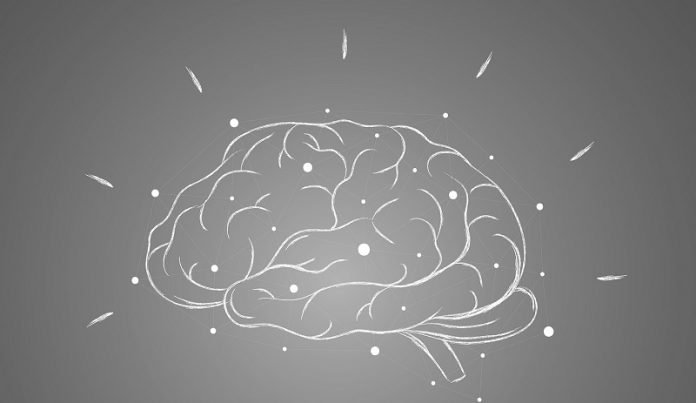
Scientists from the University of Bristol found a simple blood test for detecting glioblastomas (GBMs).
The research could lead to better detection of the most common type of malignant brain cancer.
The research was published in the Journal of the Royal Society Interface and was conducted by Dr. Johanna Blee et al.
The study involved the development of mathematical models to assess the current use of biomarkers in the detection of GBMs and how such biomarker-based strategies can be improved.
This research is part of a wider project to develop an affordable point-of-care blood test to diagnose brain tumors.
In this study, the team developed mathematical models and paired them with experimental data.
The researchers found that for the prospective GBM biomarker Glial fibrillary acidic protein (GFAP) lowering the current biomarker threshold could lead to earlier detection of GBMs.
The team also used computational modeling to explore the impact of tumor characteristics and patient differences on detection and strategies for improvements.
These findings provide the basis for further clinical data on the impact of lowering the current detection threshold for the known biomarker, GFAP, to allow earlier detection of GBMs using blood tests.
With further experimental data, it may also be possible to quantify tumor and patient heterogeneities and incorporate errors into our models and predictions for blood levels for different tumors.
The researchers also demonstrated how models can be combined with other diagnostics such as scans to enhance clinical insight with a view to developing more personalized and effective treatments.
These mathematical models could be used to examine and compare new biomarkers and tests for brain tumors as they emerge.
They are hopeful this research will ultimately aid the development of a simple blood test for brain tumors, enabling earlier and more detailed diagnoses.
If you care about the brain, please read studies about anti-diarrhea drug that could help kill brain cancer, and how COVID-19 affects the brain.
For more information about brain health, please see recent studies that a weak heart can cause a suffering brain, and results showing this diet could help prevent brain aging.
Copyright © 2022 Knowridge Science Report. All rights reserved.



